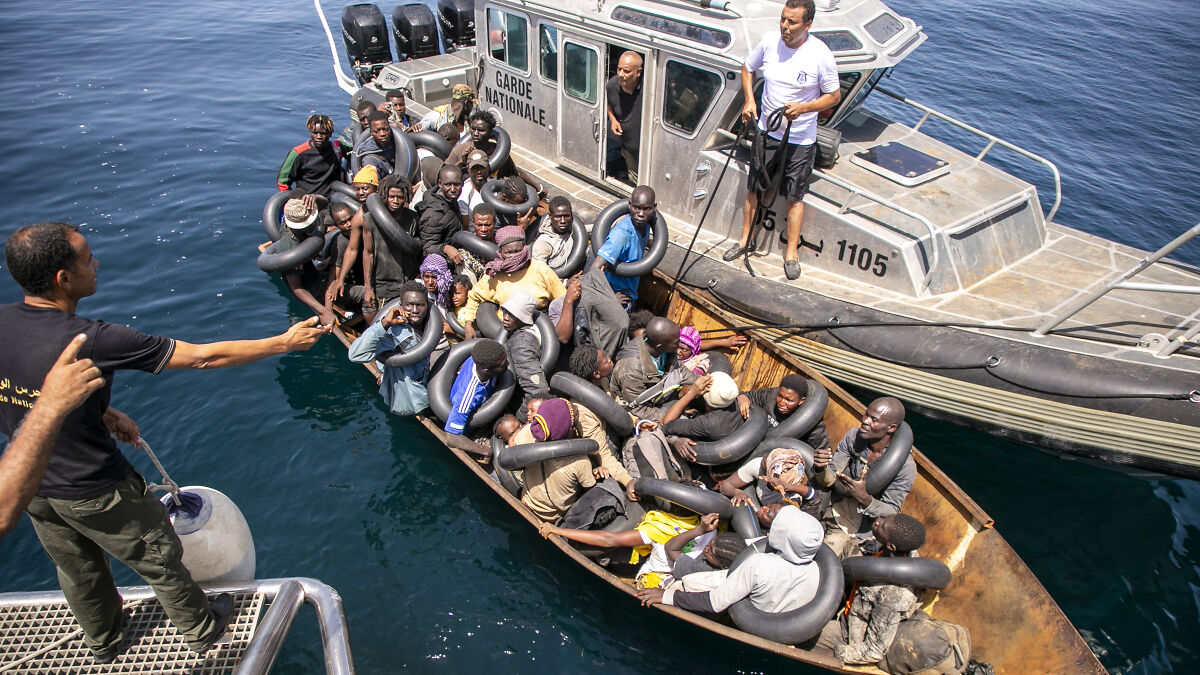
72 People Lost At Sea As Witchcraft Panic Sparks Massacre On Broken-Down Migrant Boat: Report
Spanish police have launched a murder investigation into more than 20 illegal immigrants after 72 migrants died during a perilous journey from West Africa across the Atlantic to the Canary Islands.
Survivors reported that migrants on board accused others of witchcraft, killing dozens before reaching Spain.
The large wooden canoe, known in Spain as a cayuco, left the coast of West Africa with about 320 people on board.
- 72 migrants died after a witchcraft panic sparked killings aboard a broken-down boat en route to the Canary Islands.
- Spanish police are investigating over 20 migrants suspected of murdering fellow passengers during the journey.
- The cayuco left West Africa with 320 people; only 251 survived when rescued by Spanish coastguards.
More than 20 migrants are under investigation for allegedly killing their fellow passengers
Image credits: Yassine Gaidi/Getty Images
When Spanish coastguards intercepted the vessel on August 24, only 251 were alive.
Judicial sources told Spanish outlet OkDiario that the survivors described a shocking wave of violence as food and water ran out.
Some passengers were accused of stealing scarce supplies. But as tensions grew, a group of young Sub-Saharan African men between the ages of 20 and 30 decided to carry out the attacks on their fellow migrants and threw their bodies into the ocean.
Police are now searching for them in migrant shelters across the Canary Islands. Some suspects have already been identified, and Spanish officers are expected to make arrests soon.
Spain’s national police confirmed on Tuesday that they had already detained several people linked to the killings.
“The detainees will give a police statement and, in the coming days, they will be placed at the disposal of the competent judicial authority,” a spokesperson said.
Image credits: Yassine Gaidi/Getty Images
Police stressed that the investigation is ongoing and more arrests are likely. Those found guilty could face life imprisonment.
Survivors also told police that many passengers became delirious from dehydration and either collapsed or threw themselves overboard.
Officials have not confirmed whether women or children were among the victims.
The cayuco was sailing on a dangerous sea route known as the ‘Western Route,’ which has strong currents and a higher risk of death.
Some 320 immigrants from Sub-Saharan Africa were on the boat to the Canary Islands
Image credits: International Organization for Migration
This vessel’s engine reportedly failed early in the journey, leaving the passengers stranded far from land.
The group was adrift in the Atlantic Ocean for more than a week before being rescued by the Spanish coastguard.
It was first spotted by a merchant ship on August 24, which then alerted Spanish authorities.
Coastguards later rescued 251 survivors about 265 miles from the Canaries and brought them ashore at Arguineguin, Gran Canaria, the following day.
The incident highlights the extreme risks migrants take with the Atlantic crossing. In recent years, thousands have died or gone missing on route from West Africa to Spain.
The ocean has heavy storms and strong sea currents, and migrants often run out of water. They also suffer from severe motion sickness and intense fear.
During the night, people become scared, and with dehydration, delirious.
Image credits: Jerome Gilles/Getty Images
Only last year, 63,970 migrants and refugees arrived in Spain through irregular routes, including 46,843 people brought to the Canary Islands.
Many of those boats landed in the Canary Islands, which lie closer to Africa than mainland Europe.
According to NGO Caminando Fronteras, at least 10,457 migrants died or disappeared while trying to reach Spain by sea between January 1 and December 5, 2024.
In June, Spanish police opened a probe after the bodies of five migrants washed ashore in the Balearic Islands with their hands and feet bound.
Their families later said the men had died from starvation and were shackled in a ritual after death.
Despite the risks, migrants continue to attempt the crossing, since they often flee poverty or political instability.
Human rights groups say desperate conditions in their home countries leave them with few alternatives.


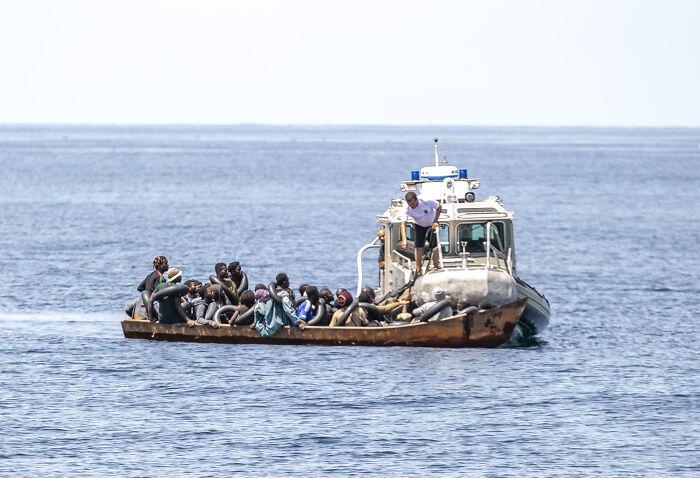
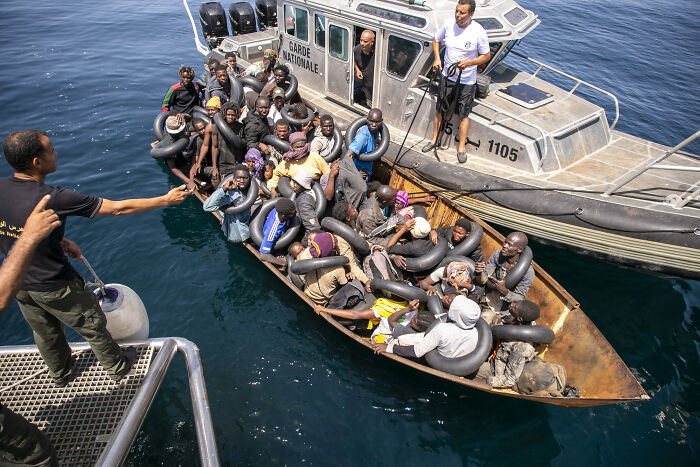
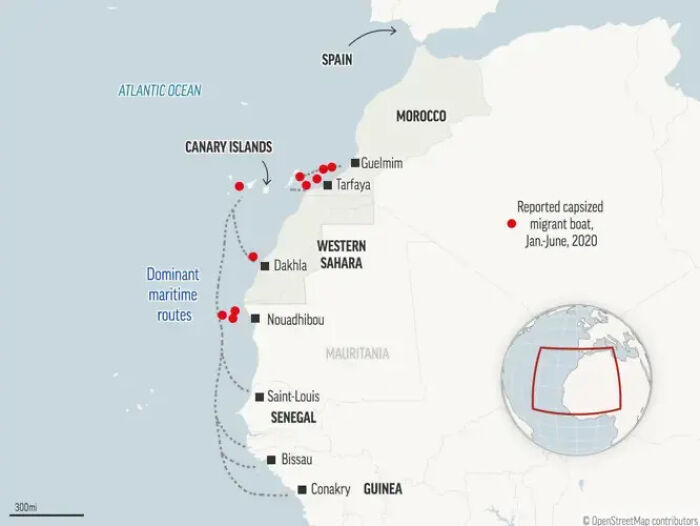
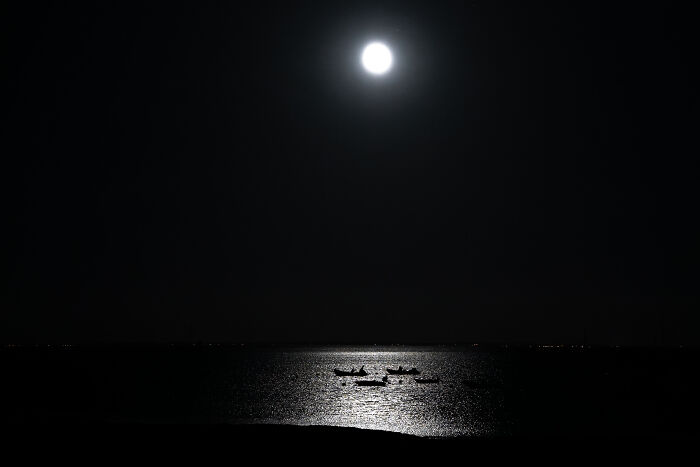



16
0